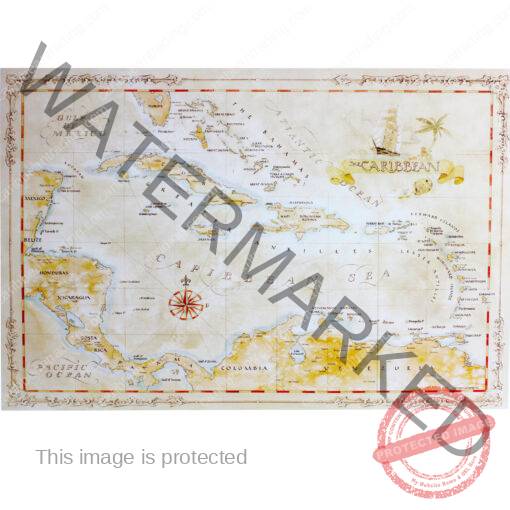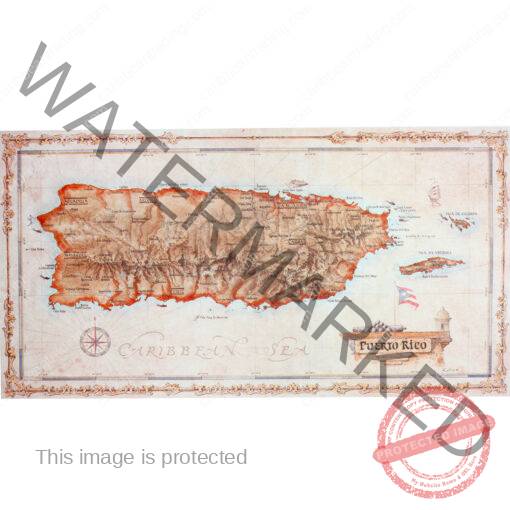Caribbean Business
How To Get A Job In The Caribbean?
So, you’ve been daydreaming about working somewhere in the Caribbean? I don’t blame you. Blue water, warm sand, laid-back living—it’s the kind of picture that sneaks into your head when you’re tired of office lights and long commutes. Plenty of people get hooked on that idea. But—here’s the catch—it’s not always simple. Jobs don’t just fall into your lap there. Between figuring out visas, dealing with different economies, and how tight the job market can be, it takes some planning. Still, people do it all the time. If you’re curious how, well, here’s the stuff nobody skips:
Understanding the Caribbean Job Market
First off, the Caribbean isn’t just one place. It’s dozens of islands and countries, all a little different. Puerto Rico is not Jamaica, and Jamaica is not the Bahamas. Each has its own vibe and job market. Expats often end up in places like Barbados, the Cayman Islands, Trinidad and Tobago, or the Dominican Republic. Some spots thrive on tourism, others on finance, and some mix in farming or fishing.
Key Industries
- Tourism & Hospitality – resorts, hotels, beach bars, tour companies… you get the picture.
- Finance – the Caymans and the Bahamas, especially, are known for offshore banking.
- Healthcare – doctors, nurses, therapists… if you’re qualified, you’re needed.
- Teaching – schools (especially international ones) are always looking for teachers.
- Agriculture/Fishing – not glamorous but steady in some islands.
- Green Energy – newer, but growing fast as islands move toward sustainability.
Preparing for Your Job Search
Research
Do some digging. Not just the fun kind like Googling “best cocktails in St. Lucia.” I mean: cost of living, local salaries, what industries are actually hiring. CaribbeanJobs.com or CaribWorkForce.com are decent starting points.
Networking
Also—networking. If you think sending resumes is enough, good luck. Most people land jobs there through connections. LinkedIn, expat Facebook groups, random forums—it all helps.
Qualifications and Certifications
One more thing: check if your certifications transfer. Teachers, nurses, doctors usually need extra local paperwork. Better to sort that out now than get stuck later.
Job Application Process
Crafting Your Resume
Every island has its own red tape. Usually, you can’t just show up and wing it—you need a job offer first, then a work permit. Your employer usually sponsors the process. And, yeah, it can take weeks, sometimes months. So don’t expect to move next Friday.
Residency rules can add another layer. Some countries make you prove you’re actually living there long-term. Boring, but important. There are many companies that write resumes and can help you with this point if you need to make a resume.
Navigating Visa and Work Permit Requirements
Each Caribbean country has its own visa and work permit requirements. Research the specific requirements for the country where you wish to work. Generally, you will need a job offer before applying for a work permit.
Adapting to Caribbean Life
Living there isn’t the same as being on holiday. Sure, there are sunsets and music and maybe too many rum punches—but also high grocery prices, spotty Wi-Fi, and the fact that “mañana” sometimes really means “not this week.” Many guides can also help you integrate into the community!
Language
Language? English is common, but not everywhere. In the Dominican Republic, it’s Spanish. In some spots, there’s even local dialect. Picking up phrases helps a ton.
Cost of Living
Money-wise, brace yourself. Some islands are surprisingly expensive—imported goods drive prices up. Do your math before jumping in.
Healthcare and Safety
Healthcare and safety vary too. Make sure your insurance covers you, and just be aware of the local situation. As for Corporate activities Caribbean, you can find some sort of deal with your job.
Maximizing Your Career Opportunities
Don’t stop at just “getting in.” Go to workshops, local business events, meetups. Renewable energy, tech, and sustainability are fields that are picking up steam, and sometimes the best opportunities come from chatting with someone over coffee.
Challenges and Considerations
Jobs can be scarce. You might wait longer than you expect. Economies depend a lot on tourism, and storms or global recessions can shake things up. And paperwork… well, let’s just say patience is part of the lifestyle.
Conclusion
So, is it worth it? If you ask people who’ve done it, most would say yes. You trade in the ordinary for ocean breezes, new friends, and a lifestyle that’s hard to beat. But you’ve got to go in with your eyes open: research, paperwork, patience, flexibility. Do that, and you might just find yourself building not just a career but a whole new way of living.






